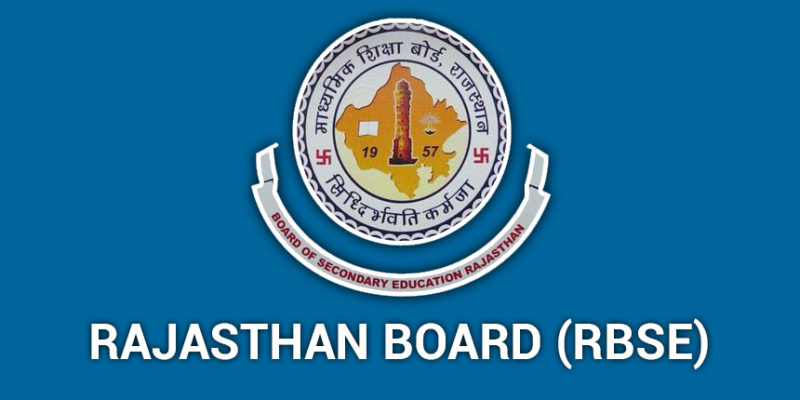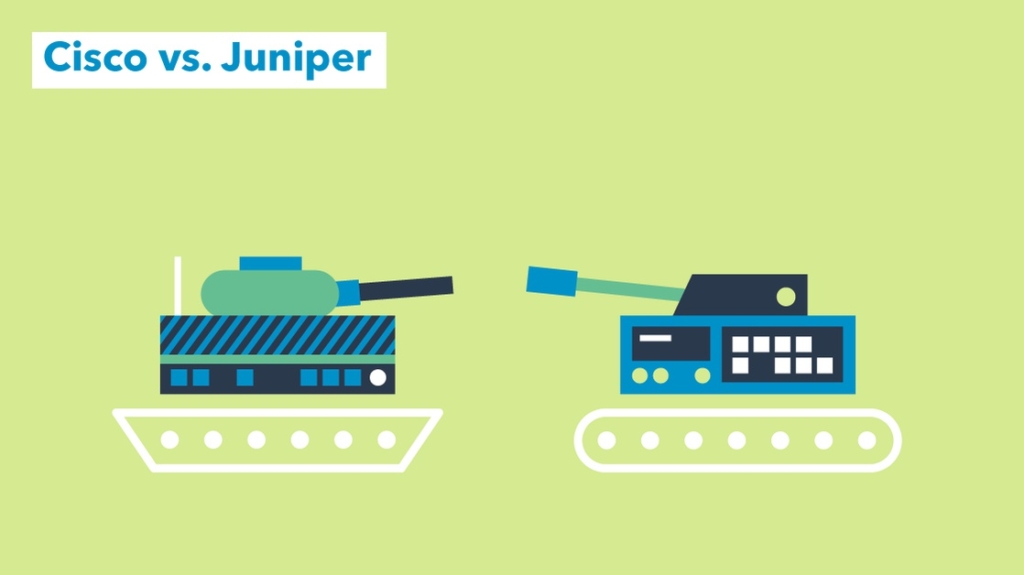There are 29 states and 7 union territories in India and 23 official languages. At present, India has four primary education boards, namely the CISCE, IB, CBSE, and State boards. The purpose of this article is to bring to your attention, details and information about these state education boards in India.
There are different academic boards within India’s educational system. The Indian education system comprises national boards, namely Central Board of Secondary Education (CBSE) and Council for the Indian School Certificate Examinations (CISCE). Apart from these, equally important is the State Board of Education for the respective state, such as the Maharashtra State Board. All these boards administer board exams for its students in classes 10 and 12.
Know More About Boards
CISCE: Council for the Indian School Certificate Examinations
“CISCE” stands for Council for the Indian School Certificate Examinations, a national level private board of education based in India, founded in 1958 with the aim of providing high-quality education, stimulating learning prospects, and guaranteeing excellence. Cambridge’s school certification examination was replaced by the CISCE.
With its comprehensive, structured syllabus, the CISCE Board aims to provide students with practical knowledge and develop their analytical skills. According to the current job-oriented demands, the CISCE Board syllabus was specially designed to cater to the requirements of professionals in the workplace. By creating an exciting learning environment, CISCE aims to serve its learners with quality education and enable them to contribute to a more humane, pluralistic society.
CBSE : Council for the Indian School Certificate Examinations
In India, the Central Board of Secondary Education (CBSE) is regarded as one of the most prestigious and preferred educational boards. In order for students to be able to develop mentally and physically, the CBSE Board intends to provide a holistic and healthy education to all its learners.
A well-structured exam pattern and comprehensive syllabus make CBSE Board an excellent choice for students interested in a detailed understanding of school subjects. Under this board, there are around 20,102 schools that follow the NCERT curriculum.
State Boards
Indian states all have their own education departments and conduct board exams for class 10 and 12. There are roughly 52 state-recognized boards in existence. The state boards are responsible for prescribing courses of instruction and text books and conducting examinations for secondary school students in their respective states.
States have the responsibility of ensuring that all children in their state receive a viable and comprehensive education. This has resulted in the creation of Secondary and Higher Secondary Education Boards by the state government, such as the Board of Secondary Education Rajasthan. Apart from conducting the exams, these boards are also in charge of prescribing the syllabus and textbooks for students of all classes from 1 to 12.
In some states, such as Tamil Nadu, Karnataka, Assam, Maharashtra, Andhra Pradesh, Telangana, and so on, there are more than one school education boards that conduct the public exams for Class 10 and 12. Having a basic understanding of all the boards and their functions will allow the students and their parents to select an appropriate program that will suit their requirements.





